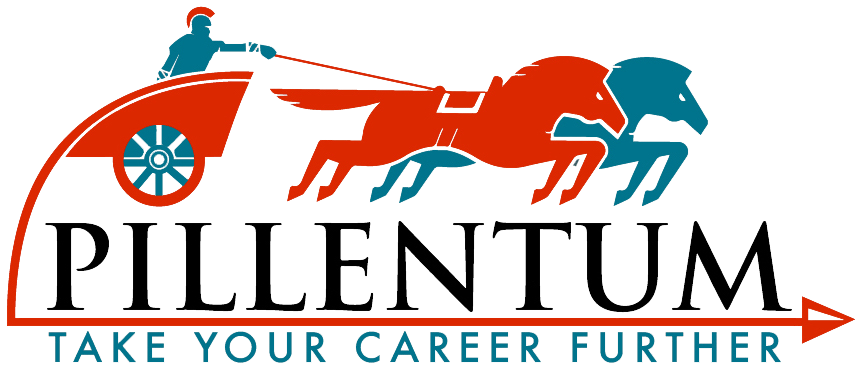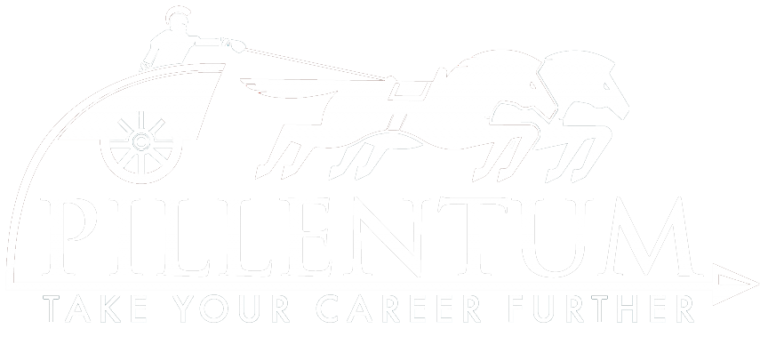Have you been wondering what job search methods work best for older workers? If you’ve been having some challenges looking for work or getting to the interview stage then please read on as I share the experiences of one of my job search clients. I’ll also include some tips for older job seekers.
A Real Case Study
John (not his real name) was made redundant in 2017. He had worked in various contract or short-term jobs over the last few years but nothing of any significance. After he was let go from his last job in 2020, he decided to start his own business. Although they had a large mortgage, John’s wife worked full time and a recent inheritance enabled John to work full time in the business. They had enough savings to last 18 months or longer if they were careful. It was expected that within 12 – 18 months the business would support itself and John would eventually be in a position to pay back their savings.
John worked tirelessly 7 days a week to try to get his business off the ground. Although the business experienced some success, it was not as profitable as John and Margaret expected. John had managed businesses before and was confident that his business would eventually support itself. But after 2 ½ years, John finally decided to call it a day and look for paid work. They had used up all their savings which left them struggling to make ends meet to support their family and pay the mortgage. He now needed to find a job – and quickly.
Recruiters not interested in people out of the workforce longer than a few month
Although he was fit and healthy and kept up to speed with technology at 58 years of age, John was concerned about his employment prospects. The job market had changed. An ex work colleague had told him how difficult it was to get work now. After speaking to a friend who had been out of work and finally used a career coach, John knew that his best chance of finding work was to get professional help quickly.
John had all the skills needed to work productively in any business but with my experience as a recruiter, career coach and job search specialist, I knew that his chances would be limited if he tried using the usual job board strategy. Recruiters are not interested in people who have been out of the workforce for longer than a few months. In fact, they are really only interested in passive candidates – those already employed and are not looking for work. John’s only chance was to develop his own unique value proposition. One that would be recognised and appreciated by a company that needed those skills and experience.
How to improve prospects
Over the first few weeks we worked on developing John’s value proposition. We looked at what skills John had that had been of benefit to companies that he had worked within in he past. We reviewed his strengths, capabilities, accomplishment, values and interests. We then went on to research companies that would be a good fit for him. I coached John in how to approach companies and how to make connections with key people. After 4 weeks John was ready to start his job search in earnest.
John had already started engaging with hiring manager and potential colleagues whilst he was doing his research which was already starting to bear fruit. Over a 6 weeks period, John research around 15 companies but connected with 4 companies. In addition, he also applied to 19 jobs via job boards. During that time, John attended 6 interviews and received 5 job offers. The job interviews that he attended were not advertised positions. They were just “talks” with interested hiring mangers. John eventually decided on an organisation that matched the culture that best suited his personality, value and interests. He accepted an offer that was at least 15% higher than colleagues working with similar organisations. And best of all, he was working with a company that he understood well before joining and that valued him for what he would be able to bring to the organisation. That was back in October last year.

A new start
John is very happy in his new position. After being there only 6 months John was offered a management position in the organisation along with a hefty pay rise. The best part about it is that he now has the knowledge and confidence to get any job if he needed to go to the market again. However, John is perfectly happy where he is, because he knows he has found the an organisation that is just right for him.
If you are in a similar position to John and would like some help, please get in touch with me for a confidential discussion. By the way, we recorded John’s job search efforts so that you could gain some insight into the effectiveness of various search methods. Here John’s job search stats for you to review;
Questions & Answers
Q: What was your biggest surprise using non-traditional approach
It was a bit of a challenge first because I needed to find out who to speak to in the organisations and then it took a few attempts before I managed to get hold of them. It was a bit nerve wracking at first because I hadn’t done this before but once I did, the conversations were surprisingly easy, In fact I was amazed at how few companies I needed to approach before starting to get some traction.
Q: John, I noticed that you applied for a lot of jobs using traditional job search strategies (i.e. job boards) as well as the ones that I showed you. How did they go?
A: I shouldn’t have been surprised with the results. They looked like low hanging fruit. They were jobs that I knew I could do easily and thought I would be able to get an interview. It turned out to be a complete waste of time.
Q: What was you biggest frustration using that method?
Lack of response, even though I knew that I was well and truly qualified for the job I was surprised, in fact I was horrified that I didn’t hear from anyone.
Q: I noticed that you also did some cold call approaches to companies that had placed job adverts. What was the outcome?
A: Well the first two companies that I contacted didn’t get back to me, even after leaving a couple of messages and promises from the receptionist. But I did contact four companies where I was able to get through to the contact person recruiting. I thought they were great conversation. Each person I spoke to asked me to send in my CV saying that I sounded just right for the job, but then they didn’t get back to me, they just ghosted me. I rang back to speak to them, but they weren’t available and none of them returned my calls. It really annoyed me.
Q: Who did you end up contacting successfully?
A: This is the interesting part. During our coaching sessions you stressed how important it was to find companies that had a good culture and that were most aligned to my strengths and interests. Once I started researching, there were four companies that stood out straight away. It wasn’t as difficult as I thought it would be to contact people in the company. In fact, it turned out that I had a work colleague that knew two of the companies and she put me onto people in those companies.
Q: But I noticed that you didn’t end up accepting a job with either of them. Why was that?
A: That’s true. I didn’t really understand the significance of Culture when I started my search. It was a difficult thing for me to define, but when I got into discussions with one of the companies it very quickly became apparent that they didn’t have the type of culture that I jelled with. I had worked in similar organisations and I didn’t want to go back to the same thing.
Q: What about the other one?
The other company seemed pretty good, but they were growing very quickly and didn’t have the right opportunity for me. I was a bit concerned that their lack of experience at growing an organisation could eventually lead to problems. That was how I was made redundant in the first place. They grew fast, put lots of new staff on and when the market turned, they sacked everybody. I didn’t want that to happen again. I wanted a more to find a stable company.
Q: Was it difficult for you not to accept that offer?
A: Yes, it was incredibly difficult, I agonised over the decision for the whole week, but by then my confidence was growing. I was also asking much better quality questions when I met with people and so the target companies I was chasing were better defined. I knew that I was on the right track, I just had to hold out for just a bit longer as it was early in my job search. In any case, I had been approached by a recruiter that I had spoken to who also had two companies for me to interview with.
Q: How was your experience with the recruitment company?
A: I have to admit that after speaking to a few agencies, I noticed that there was quite a variety in the companies that they target and even how they operate, I thought they were all the same. But when I found the right agency, the recruiter was very interested in speaking with me. After having a long discussion, where I explained my strategy and what I was looking for, the seemed to know exactly which companies that I should target. I ended up getting good job offers from both companies he put me forward to. I accepted an offer from the 2nd company I interviewed with.
Q: What did you learn from that?
A: The main thing that I got from my coaching is that I need to know what my strengths are before I go and see an agency. I really need to know what value I can bring to an organisation. I wouldn’t have known how to do that if I didn’t do the program. I needed to do my home work first.
Q: I noticed that you got 2 offers from the same company. How did that happen?
A: Well because they had spoken to me they realised that I had a bunch of skills that they could use and found 2 opportunities for me there. Neat hey?
Q: What have you learnt from your experience?
A: I’ve learned how important it is to develop and maintain your professional connections. I’m also actively involved in my industry association which makes it a lot easier to meet people in my industry.
Q: What was your total investment on the coaching John?
A: I ended up doing the Job Search Complete Program which was $1680. I also got my resume and LinkedIn profile done which cost another $745. I recall discussing it with my wife. It was a big investment at the time.
Q: Was it a worthwhile investment?
A: Worthwhile? Absolutely! I got all the whole investment back in my first week of work! I have two friends that were out of work before I started looking and they have just started working in the last few weeks. Kumar was out of work for about 10 months and Matt over 12 months. I would have needed to sell my house if I had to wait that long to find work. Plus, all the stress that I would have gone through! Don’t get me wrong, it was still pretty stressful, but nowhere near what Kumar and Matt went through.
Q: What advice would you have for job seekers in a similar situation to yourself?
A: Don’t wait to get help. The longer you wait makes it more difficult because you lose confidence. I was lucky that I had spoken to friends and saw how their confidence had just plunged when they started getting rejection notices. I am so glad that I got help early, before I lost confidence. Not only did I get a job, but I now have the skills I need so I will never have to worry about that again.







